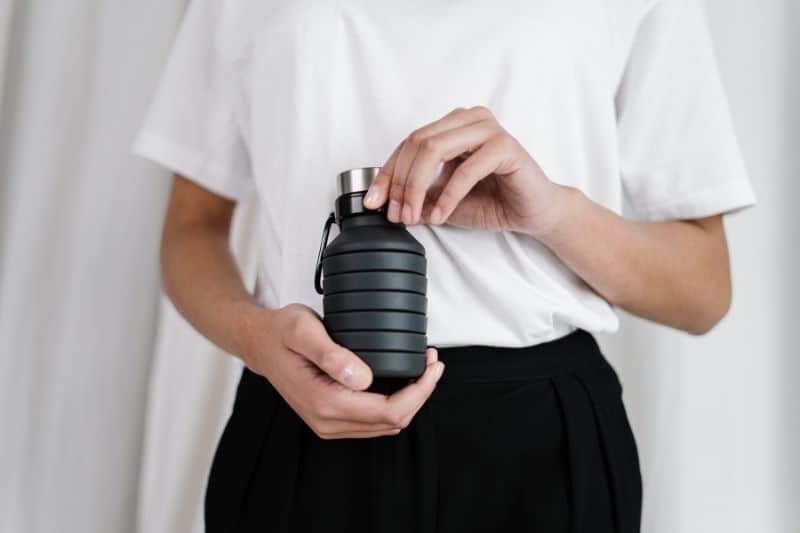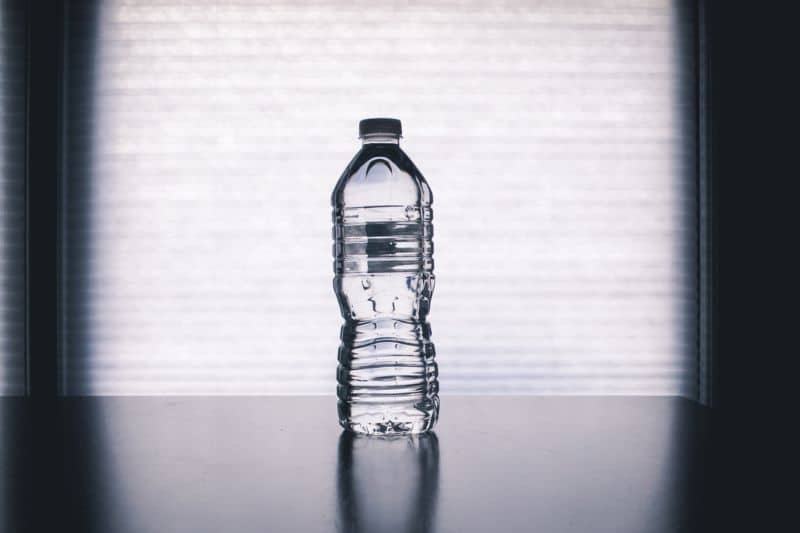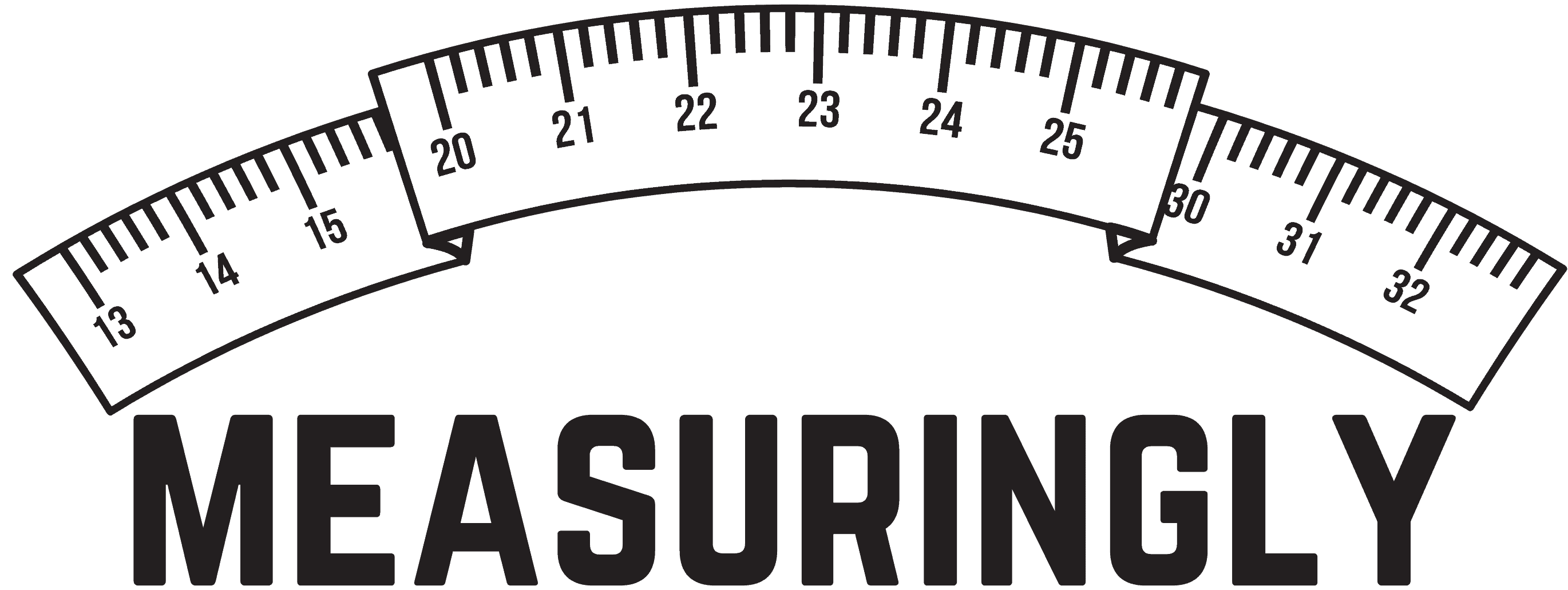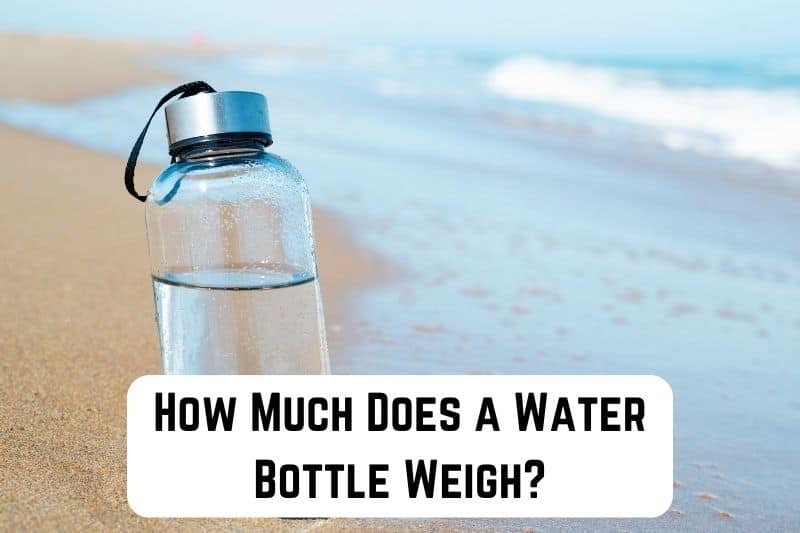Have you ever wondered how much a water bottle weighs? It’s a common question, especially given the emphasis on staying hydrated and reducing single-use plastics. While it may seem like a simple thing, the weight of a water bottle can vary depending on the size, material, and contents.
Let’s start by considering the empty water bottle itself. You’ll find that water bottles can be made of different materials such as plastic, stainless steel, or glass. Each of these materials has its own weight characteristics, so two bottles of identical size but different materials will weigh differently. Also, the design and thickness of the bottle will play a role in determining the weight.
Now, think about the weight of the water itself. The weight of the water can differ based on the volume of your bottle, so a 500ml bottle will weigh less when filled than a 1000ml bottle.
In this article, we will explore the various factors that influence the weight of a water bottle, helping you make informed decisions while choosing the perfect water bottle to carry around.
Read: How Much Does a Railroad Tie Weigh? (Standard, Concrete & Steel)
PET bottles typically weigh between 8 to 12 grams for a 500ml size. A typical glass water bottle (500ml) weighs approximately 280-600 grams when empty, depending on the thickness and design of the glass. Stainless steel water bottles typically weigh between 283 to 453 grams, depending on the size and design.
Factors Affecting Water Bottle Weight

When you’re trying to determine a water bottle’s weight, a few factors come into play. Understanding these factors can help you make better choices when selecting a water bottle for your needs.
Material: The first factor that affects the weight of a water bottle is the material it’s made from. Common materials include plastic, stainless steel, aluminum, and glass.
Generally speaking, plastic bottles tend to be the lightest, while glass bottles are the heaviest. However, the durability and insulating properties of each material may also be important to consider.
- Plastic: lightweight, less durable, not as well insulated
- Stainless steel: heavier than plastic, more durable, better insulation
- Aluminum: intermediate weight, durability, and insulation
- Glass: heaviest, durable, good insulation but fragile
Size and shape: The dimensions and design of a water bottle will also impact its weight. Naturally, larger bottles that hold more liquid will be heavier than smaller ones. Additionally, some bottles may have a more elaborate or specialized shape, which can add extra weight.
Additional features: Extra components on a water bottle can also contribute to its overall weight. Features like built-in straws, handles, or insulation can make the bottle more convenient to use but may also make it heavier.
How Much Does a Water Bottle Weigh?
A water bottle’s weight can vary depending on its size, material, and amount of water it holds. To give you a better idea, let’s explore the different types of water bottles and their respective weights.
Plastic Bottles

When you’re considering the weight of a plastic water bottle, you’ll need to take into account a few factors. These include the bottle’s material, size, and contents.
Many plastic bottles are made from a lightweight plastic material called polyethylene terephthalate (PET). PET bottles typically weigh between 8 to 12 grams for a 500ml size. A 1-liter bottle can weigh around 20 to 24 grams, and a 2-liter bottle usually weighs around 42 to 52 grams. Keep in mind, that these weights are empty bottle weights.
Now, let’s talk about the weight of water itself. Water has a density of 1 gram per milliliter (g/ml), so it’s easy to calculate the water weight in your plastic bottle. For example:
- A 500ml bottle filled with water will weigh 500 grams for water + 8-12 grams for PET bottle.
- A 1-liter bottle with water will weigh 1000 grams for water + 20-24 grams for PET bottle.
- A 2-liter bottle filled with water will weigh 2000 grams for water + 42-52 grams for PET bottle.
Remember that if your bottle has any additional design features or is made from a different type of plastic material, the weight may vary.
Some bottles have additional insulation or seals to keep your drinks colder or warmer for longer periods. These bottles could weigh a bit more than their simpler counterparts.
Glass Bottles

Glass bottles are a popular choice for water bottles due to their environmentally friendly nature and ability to maintain water quality, free from BPA and other chemicals. They are also quite durable and can withstand day-to-day wear and tear.
When considering the weight of a glass bottle, you need to account for not just the water it holds, but also the bottle itself. A typical glass water bottle (500ml) weighs approximately 280-600 grams when empty, depending on the thickness and design of the glass.
To calculate the total weight of a filled glass water bottle, you will want to add the weight of the water itself. The standard weight of 500ml of water is approximately 500 grams – since 1 milliliter of water weighs about 1 gram.
For example:
- An empty glass water bottle: 280-600 grams
- Water weight (500ml): 500 grams
Now let’s combine the empty bottle weight with the water weight:
- Lighter glass bottle (280g) + water (500g) = 780 grams total
- Heavier glass bottle (600g) + water (500g) = 1100 grams total
In summary, the combined weight of a glass water bottle filled with 500ml of water will be somewhere between 780 and 1100 grams. This weight can vary depending on the thickness and design of the glass bottle.
Metal Bottles

When it comes to metal water bottles, you’ve got quite an impressive variety to choose from, with stainless steel and aluminum being the most popular options.
The weight of these bottles can vary greatly depending on the material, size, and design.
Let’s take a closer look at these two different metal types and how much they usually weigh.
Stainless Steel Bottles
These durable and stylish water bottles are a popular choice for many, thanks to their resistance to rust and ability to keep beverages hot or cold for extended periods.
Stainless steel water bottles typically weigh between 283 to 453 grams, depending on the size and design. If you’re someone who has an active lifestyle or values sustainability, stainless steel bottles are a great choice for you.
Aluminum Bottles
Lighter than stainless steel, aluminum water bottles are an attractive option if weight is a priority. They usually weigh around 141 to 283 grams) and come in a variety of sizes.
Just like stainless steel bottles, aluminum bottles also maintain a beverage’s temperature for a good amount of time. However, do note that aluminum bottles may need an inner lining to prevent the metal from affecting the taste of your drink.
To help you visualize the approximate weight range of metal water bottles, here’s a table:
| Material | Approx Weight Range of 500 ml size bottle when empty (ounces) | Approx. Weight Range of 500 ml size bottle when empty (grams) |
|---|---|---|
| Plastic | .30 to .42 | 8 to 12 |
| Glass | 10 to 21 | 280 to 600 |
| Stainless Steel | 10 to 16 | 283 to 453 |
| Aluminum | 5 to 10 | 141 to 283 |
As you can see from the table, both stainless steel and aluminum bottles are available in varying weights, making it easy for you to choose a bottle that suits your preferences and needs.
Just remember that a lighter bottle might be prone to denting and scratching, so consider the durability factor when deciding on the perfect metal water bottle for you.
Filled vs Unfilled Bottles

When considering the weight of a water bottle, it’s important to differentiate between filled and unfilled bottles. Filled bottles will, of course, weigh more than their empty counterparts. But how much does each type of bottle weigh? Let’s break it down:
Unfilled Bottles: The weight of an empty water bottle depends on the material it is made from. Here are some common materials:
- Plastic: Lightest among the options, a standard 16.9 fl oz (500 ml) empty plastic water bottle weighs around 0.35 oz (10 grams).
- Stainless Steel: More durable and insulated, a similar-sized stainless steel bottle usually weighs about 10.58 oz (300 grams).
- Glass: Glass bottles have a heftier weight, with a 16.9 fl oz (500 ml) bottle weighing around 14.11 oz (400 grams).
Filled Bottles: To calculate the weight of a filled water bottle, you will need to add the weight of the water to the weight of the empty bottle. Water weighs approximately 1.04 kg per liter or 2.2 lbs per liter. For a 16.9 fl oz (500 ml) bottle:
- Plastic: 16.9 oz (475 grams) of water + 0.35 oz (10 grams) bottle = 17.25 oz (489 grams) total
- Stainless Steel: 16.9 oz (475 grams) of water + 10.58 oz (300 grams) bottle = 27.48 oz (775 grams) total
- Glass: 16.9 oz (475 grams) of water + 14.11 oz (400 grams) bottle = 31 oz (875 grams) total
Read: How Much Does a Smartphone Weigh? (Apple & Samsung Comparison)
As you can see, the weight of a water bottle can vary greatly depending on the material and whether it is filled or not. Consider these factors when choosing the right water bottle for your needs.
Now that you have an idea of how different water bottles compare in terms of weight, it’s important to consider other factors as well, such as environmental impact, insulation, and durability. No matter which type of water bottle you choose, make sure it fits your needs and preferences for an enjoyable hydration experience.







